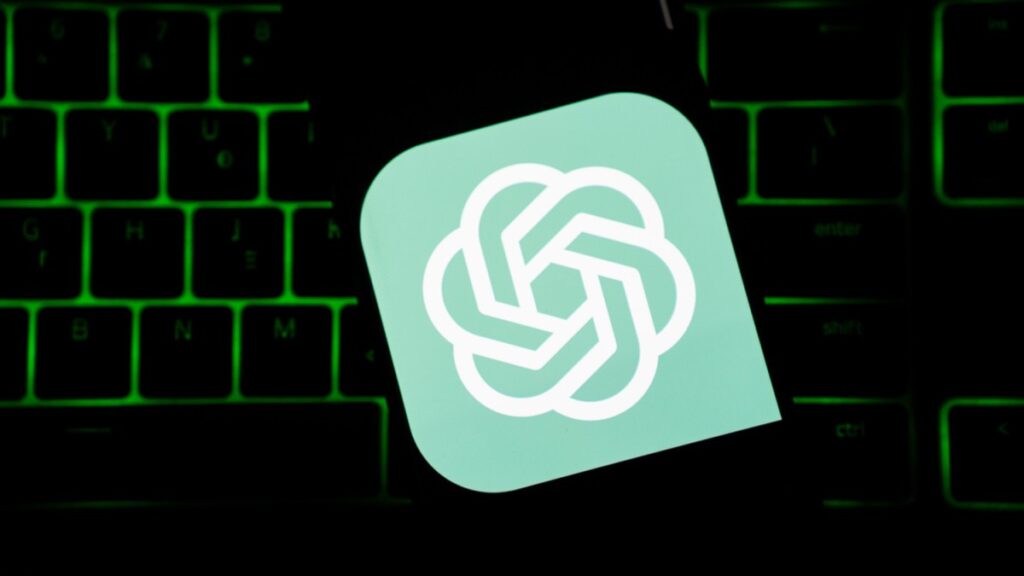Gen Z and the ChatGPT Revolution: What You Need to Know
Younger members of Generation Z are turning to OpenAI’s ChatGPT for their schoolwork, as highlighted in a recent Pew Research Center survey. This trend raises questions about whether these teens are fully understanding the advantages and limitations of this technology.
Teen Engagement with ChatGPT
In an eye-opening follow-up to its 2023 poll on ChatGPT, Pew surveyed approximately 1,400 U.S.-based teenagers aged 13 to 17. The results showed that 26% of respondents have utilized ChatGPT for homework or school-related assignments, a significant increase from two years ago.
Acceptability of AI in Education
The survey further revealed some interesting insights:
- 54% of teens believe it’s acceptable to use ChatGPT for researching new topics.
- 29% find it acceptable for solving math problems.
- 18% think using ChatGPT to write essays is an appropriate use of AI.
While embracing such innovative resources can be exciting, the findings also raise important red flags.
The Limitations of ChatGPT
It’s crucial to remember that ChatGPT isn’t infallible. In fact, it struggles with mathematical accuracy and isn’t always a reliable source of factual information. For instance, a recent study showed that GPT-4, the model that powers ChatGPT, only answered doctorate-level history questions slightly better than random guessing.
Interestingly, this study also pointed out ChatGPT’s weaknesses in areas like social mobility and Sub-Saharan African geopolitics—topics that could be especially relevant for the demographic of teens utilizing it most heavily, particularly among Black and Hispanic youth, as per Pew’s findings.
Mixed Pedagogical Perspectives
The impact of ChatGPT on learning outcomes seems to differ from one study to another. Research from the University of Pennsylvania indicated that Turkish high school students using ChatGPT actually performed worse on a math test compared to those who didn’t. Conversely, another study looking at German students found that while those using the tool were better at locating research materials, they struggled to synthesize that information as effectively as their peers who didn’t use the AI.
Adding to the debate, a separate Pew poll revealed that 25% of public K-12 teachers feel that AI tools like ChatGPT create more challenges than benefits in an educational context. The Rand Corporation and the Center on Reinventing Public Education found that just 18% of K-12 educators incorporate AI into their teaching.
Embracing AI Responsibly
With young people diving headfirst into using AI for school, it’s more crucial than ever that teens—and their educators—approach this technology with a critical eye. Having conversations about the strengths and weaknesses of ChatGPT can prepare the next generation to use AI responsibly.
Staying Informed
The educational landscape is changing rapidly, and staying informed is vital for students, parents, and educators alike.
The AI Buzz Hub team is excited to see where these breakthroughs take us. Want to stay in the loop on all things AI? Subscribe to our newsletter or share this article with your fellow enthusiasts!




